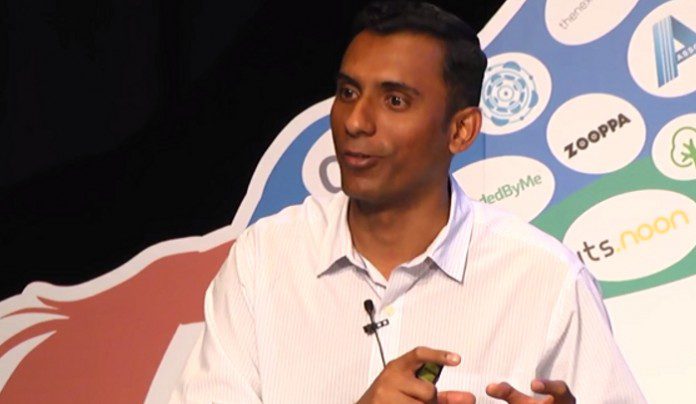Crowdfunding has become a catch phrase that is used for several funding options today. We use it for startup deals to accredited investors, public investments, and for crowdfunding platforms like Indiegogo and Kickstarter. We’re probably using it too much because it is blurring the lines between what crowdfunding is and what investments are.
It also means that we’re losing sight of who the early stage investor happens to be. They’re not the same because not every crowdfunding campaign today is the same. We must treat each investor as their own niche instead of grouping them together into one giant category.
Rewards-Based Investors Aren’t Equity Holders
Early stage investors who are pre-ordering a product are not the same investors who are putting their cash down for equity into a company. Although it would be nice to purchase a CD on Kickstarter and receive 1% of a musician’s profits because of it, that isn’t happening right now. If we approach rewards-based investors the same way as we do equity early stage investors, we’ll lose everyone.
It’s all about needs. People who are investing for rewards want something unique that has short-term value for them. Equity investors are looking for something that offers long-term rewards instead.
Accredited or Non-Accredited Investors?
There are also two classifications for investors: accredited and non-accredited. The JOBS Act in the US allows for non-accredited investors to put money down for equity in startups with an income cap. Accredited investors don’t have the same caps in place. Once again we must approach these two camps in a different fashion.
Many non-accredited investors are getting involved for the first time and are likely jumping in headfirst with blinders on. We must provide a safety net for these individuals so if they do fall, their fall isn’t financially catastrophic. Accredited investors are going to want all of the statistics, forecasts, and research that can possibly be provided. Without it, there won’t be any investments.
Not every early stage investor is the same, but that should be considered a strength instead of a weakness. A variety of experience gives us all the best chance to succeed. By recognizing these differences, we can all begin building a foundation of success.
Strong proponent of individual liberty and free speech. My goal is to present information that expands our awareness of crucial issues and exposes the manufactured illusion of freedom that we are sold in America. Question everything because nothing is what it seems.



















